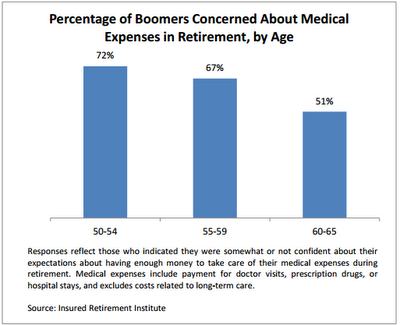In a National Retail Federation survey, about 80 percent of shoppers expected to buy gift cards, while 58 percent of shoppers said their most requested present would be a gift card. The gift card has been the most popular choice for five straight years now.
Don’t let your unwanted gift cards sit around collecting dust. Make them work for you instead. If your Great Aunt Sue gave you a $100 Starbucks gift card and you don’t drink coffee, trade the card for a shop you do visit, or trade the card for cash. If you use Plastic Jungle to sell your $100 Starbucks gift card, they may pay you up to $92.00 for the card.
The gift that has increased in popularity over the years is being forgotten more often as well. NPR reports that analyst Brian Riley of the Tower Group has estimated about $41 billion in money spent on gift cards has not been claimed since 2005. USA Today reported that accounting rules say gift card sales don’t count as income for stores until they are actually redeemed.
It helps to choose the right card for your gift recipient. But GiftCardRescue.com sells gift cards people don’t want and allows them to buy others at discounted rates. A company spokesman felt that consumers weren’t redeeming their cards right away due to the Credit Card Accountability Responsibility and Disclosure Act of 2009. According to USA Today, rules now say that expiration dates are limited to five years after purchase, and fees for non-use are prohibited until after the first year.
Even More places to get rid of that unwanted gift card.
- ABC Gift Cards allows users to buy, sell, or trade gift cards. They claim to be the largest secondary market for gift cards.
- Card Avenue has a very extensive inventory of cards for sale. Navigating the site is easy. If you want to trade a card, create a “wish list” of gift cards you would consider in exchange for your gift card. For example, if you have a $50 Pottery Barn card, but you would much rather have a $50 Victoria’s Secret or Macy’s card, then include those cards in your wish list. Other traders will browse the site, and if they have a Macy’s or Victoria’s Secret card and want your Pottery Barn gift card, you might be able to make the trade. The site receives a commission from the traders.
- Cardnap allows users to buy and sell a variety of popular gift cards.
- Cardpool features free shipping, and a 100-day guarantee, to ensure the gift cards are legitimate.
- CardsUWant is an auction site that lets sellers buy, sell, and trade gift cards. They collect a 5% fee, which is less than eBay.
- CardWoo is another service that buys and sells gift cards. They pay all shipping costs, but require that gift cards have a minimum $20 value.
- Cash4GiftCards.com buys gift cards for 75% of their value. They sometimes buy expired cards, for 25% of their pre-expiration value. GiftCardBin provides an initial offer on sellers’ gift cards, based on the retailer, value, and expiration date. If you don’t like their offer, you can make a counter offer.
- GiftCardGranny is another gift card buying and selling site. The site allows users to sign up for alerts and receive notification when cards from their favorite stores have been listed for sale.
- GiftCardRescue allows users to buy, sell, and exchange gift cards. This website offers an additional 5% over the redemption value if the card is exchanged for an Amazon gift card instead of cash. They also offer bankruptcy protection in the event that the retailer no longer accepts the gift cards.
- Plastic Jungle buys unwanted gift cards and will pay up to 92% of the face value of the card. Users have to enter gift card information on the site, and then Plastic Jungle makes an offer for the card. Sellers receive pre-paid shipping labels to mail gift cards to the website. Once the balance of the gift card is verified, the website pays for the gift card with a check or PayPal.
Obtain quotes from each of the websites to determine which site offers the best deal for the gift cards you want to sell or exchange. Make sure to read the websites’ terms and conditions, and learn more about their guarantees, transaction fees, and shipping policies. Gift card exchange websites are an excellent way to sell or trade gift cards from major retailers. If the gift card is for a small, local business, try selling or trading the gift card on Craigslist or eBay Classifieds instead.
Don’t let your unwanted gift cards sit around collecting dust. Make them work for you instead. If your Great Aunt Sue gave you a $100 Starbucks gift card and you don’t drink coffee, trade the card for a shop you do visit, or trade the card for cash. If you use Plastic Jungle to sell your $100 Starbucks gift card, they may pay you up to $92.00 for the card.



